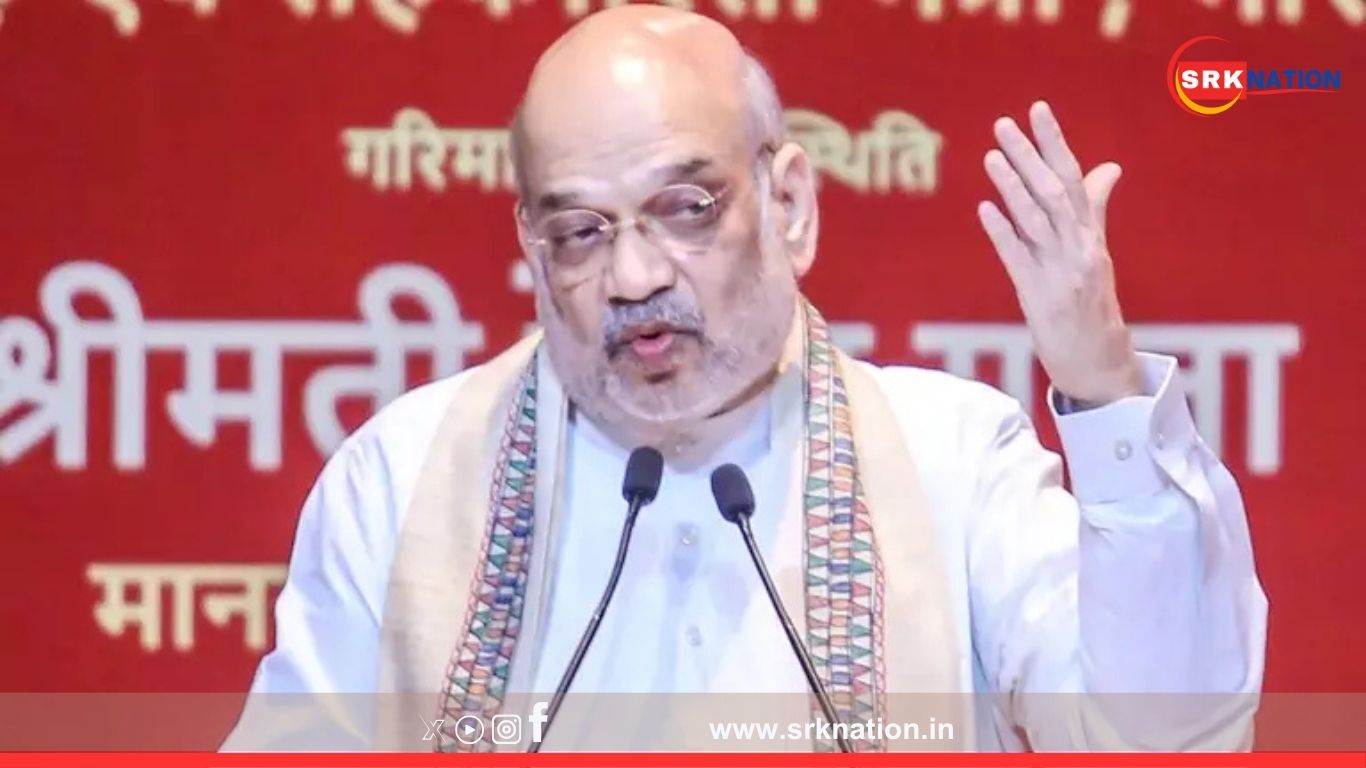In a landmark move to strengthen the cooperative movement and enhance education infrastructure in India, Union Home Minister and Minister of Cooperation Amit Shah will lay the foundation stone for the country’s first-ever cooperative university in Gujarat this week. The announcement marks a significant milestone in the government’s mission to boost cooperative education, research, and capacity-building to empower grassroots economic institutions.
What Is The Cooperative University Project?
The proposed National Cooperative University will come up in Gandhinagar, Gujarat, with a vision to serve as a central academic hub catering to the diverse training and knowledge needs of India’s vast cooperative sector. The university will:
- Offer undergraduate, postgraduate, doctoral, and executive programmes in cooperative management, finance, agri-business, dairy, banking, rural development, and allied subjects.
- Train board members, managers, and personnel working in cooperative societies across sectors to improve governance, transparency, and competitiveness.
- Facilitate research and policy advocacy on cooperative models suitable for Indian rural and urban contexts.
- Function under the Ministry of Cooperation, integrating existing training institutes and new specialised centres under a single umbrella for academic excellence.
Amit Shah’s Vision For The University
As per official statements, Amit Shah has emphasised that the cooperative university is a strategic step towards realising Prime Minister Narendra Modi’s vision of “Sahkar se Samriddhi” (Prosperity through Cooperation). He noted:
“India has nearly 8.5 lakh cooperatives, yet we lack a world-class institution dedicated to professionalising their operations. This university will bridge that gap, empower youth with employment-oriented education, and create models for sustainable development through cooperation.”
Key Features Of The Proposed University
| Feature | Details |
|---|---|
| Location | Gandhinagar, Gujarat |
| Foundation Stone Laid By | Amit Shah, Minister of Cooperation |
| Expected Investment | Approx ₹500 crore (first phase) |
| Programmes Offered | UG, PG, PhD, Diploma, Executive courses |
| Focus Areas | Dairy, agriculture, cooperative banking, fisheries, marketing, governance |
| Affiliations | Proposed tie-ups with IFFCO, AMUL, NCDC, NCUI, and global cooperative education bodies |
How Will It Benefit India’s Cooperative Sector?
- Skill Development: Equip members and staff with modern management skills, legal knowledge, and digital tools for efficient operations.
- Employment Opportunities: Introduce cooperative management as a formal academic discipline, creating career pathways in cooperative federations, banks, and enterprises.
- Research and Policy Support: Generate data, case studies, and frameworks to inform national cooperative policies.
- International Collaboration: Position India as a global leader in cooperative education by aligning curricula with ICA (International Cooperative Alliance) standards.
Current Status Of Cooperatives In India
India’s cooperative sector contributes significantly to rural incomes, especially in dairy and banking. However, it faces issues such as:
- Inadequate professional management
- Limited succession planning
- Lack of structured training programmes
According to the National Cooperative Union of India (NCUI), nearly 95% of cooperatives do not have dedicated training departments, underlining the urgent need for an apex university.
Pivot Analysis: India’s Cooperative Landscape
| Sector | Key Cooperatives | Contribution |
|---|---|---|
| Dairy | AMUL, Nandini | World’s largest milk producer (22% global share) |
| Banking | Urban Cooperative Banks, PACS | ₹11 lakh crore+ in deposits |
| Sugar | Maharashtra, UP sugar cooperatives | 35% of sugar production |
| Fisheries | Matsyafed, FISHCOPFED | Supports coastal livelihoods |
| Marketing & Procurement | NAFED, IFFCO | Food security and agri-input supply |
Gujarat: A Natural Choice
Gujarat, the birthplace of AMUL and a stronghold of cooperative models, has been chosen strategically:
- Historic roots: Anand Milk Union Limited (AMUL) revolutionised the dairy cooperative movement under Dr. Verghese Kurien.
- Policy support: The state has robust cooperative laws and federations, facilitating smooth implementation.
- Infrastructure readiness: Availability of land and integration with National Forensic Sciences University and other institutions in Gandhinagar Knowledge Corridor.
Wider Political And Social Significance
The foundation stone laying ceremony will be attended by:
- Top officials from the Ministry of Cooperation
- Senior representatives from NCUI, IFFCO, KRIBHCO, NAFED
- State government ministers and cooperative leaders
Analysts view this as part of the BJP government’s outreach to rural India by promoting cooperative-based development, especially ahead of upcoming assembly elections in key states.
Challenges Ahead
Despite the promising vision, experts caution about:
- Ensuring autonomy in academic functioning
- Recruiting experienced faculty specialised in cooperative management
- Designing inclusive curricula addressing regional diversities across India’s cooperatives
- Avoiding bureaucratic hurdles in academic decision-making
Global Models The University May Emulate
| Country | Cooperative Education Institution | Key Feature |
|---|---|---|
| Japan | Institute for Cooperative Education | Focus on agriculture and consumer cooperatives |
| Kenya | Cooperative University of Kenya | Dedicated undergraduate and research programmes |
| Canada | Co-operative Management Education, Saint Mary’s University | MBA in Co-operative Management |
What Comes Next?
Once construction begins, the university is expected to commence courses by 2027, with interim certificate programmes rolled out through existing training institutes under the Ministry of Cooperation.
The National Cooperative University Bill is likely to be tabled in Parliament this year to provide statutory backing for academic autonomy, degree-granting powers, and funding provisions.
Final Word
The cooperative university’s foundation stone laying marks a turning point in India’s approach towards formalising cooperative education. It signifies the government’s commitment to professionalise this critical sector, integrate it with national economic goals, and nurture a new generation of leaders driven by cooperative principles of equity, participation, and community empowerment.
Disclaimer: This news content is for informational purposes only. While all efforts have been made to ensure accuracy, readers are advised to refer to final government notifications, parliamentary proceedings, and official project updates before acting upon any related policy, academic, or investment decisions.











